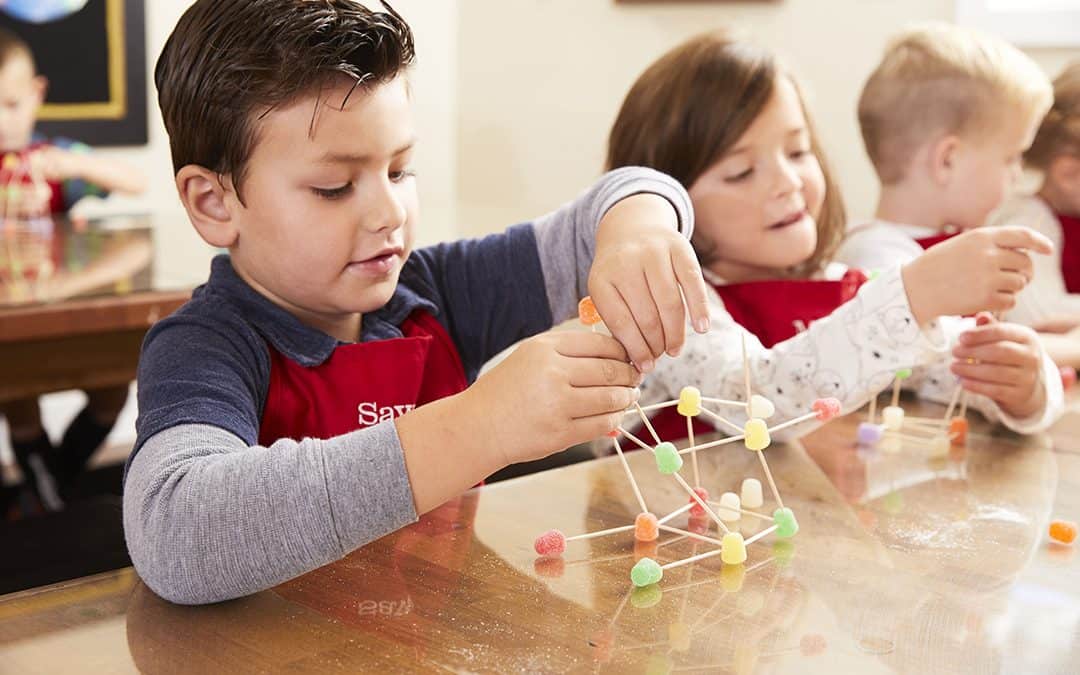It matters not what goal you seek
Its secret here reposes:
You’ve got to dig from week to week
To get Results or Roses.
–Edgar Guest, from “Results and Roses”
Teaching a child hard work isn’t hard. Nor does it require charts, bribes, or a curriculum. By understanding what work actually is, allowing the practice of relevant skills, and setting an example, you can foster this important quality in your child. As with teaching all other character building traits, your home will be the most important classroom and your example the most influential teacher.
What is Work?
Believe it or not, a good work ethic doesn’t mean doing chores all day every day, and you can still have fun! In his book The Book of Virtues, William Bennett defines work as: “applied effort; it is whatever we put ourselves into, whatever we expend our energy on for the sake of accomplishing or achieving something” (pg. 347).
So, yes, folding laundry is work. As is washing dishes and scrubbing a toilet. Such tasks are very important work. But so is building a pillow fort, doing a puzzle, and climbing a tree. Such activities require effort and energy to be accomplished and they yield fruit, whether it be a clean house, basic engineering and problem solving skills, or increased athleticism.
What is the Opposite of Work?
Ask most people what the opposite of work is, and they’ll answer “play.” This belief has caused more than one guilt trip in us adults because when we’re playing, we think we should be working. Again, William Bennett can help us here. He writes, “The opposite of work is not leisure or play or having fun but idleness— not investing ourselves in anything” (pg. 347).
To paraphrase: the opposite of work is idleness, or, not investing ourselves in anything. That sentence has so many implications! Perhaps the biggest is this: teaching our children how to work hard also means teaching how to use free-time well.
Practice & Example
William Bennett shares the secret to teaching children what he calls the “virtue” of work. Believe it or not, it doesn’t involve chore charts or rewards. His recommendation? Practice and example.
He points out that before any practicing can occur, one must learn how to do things properly. A child must first learn how to fold laundry, brush teeth, or sweep the floor, and then have the opportunity to practice. And we, as adults, must be patient with their learning curve 🙂
However, when it comes to instilling a good work ethic in your child, learning mechanical processes isn’t enough. Our attitude also matters. This is where a parent’s example really shines through. If we approach housework with a cheerful attitude and spend our free-time investing in ourselves and our family, then we’re teaching a sermon more powerful than words.
Take Action!
Children are never too young to start learning how to work. In fact, they come programmed with an insatiable desire to learn, we just call their approach “play.” Couple this desire to learn with the desire to participate in grown up activities and you’ve got a little worker bee on your hands! All you have to do is involve your child in the work you’re already doing.
A newborn can sit on your lap while you fold laundry. A toddler can help you mop the floor. A young child can assist in drying dishes. To a child, all these activities we call “tasks” or “chores” are just another aspect of learning. And, for them, learning is play.
When it comes to solo playtime for your toddler or child, be mindful of their activities. Are they doing something that requires the application of effort? Are they investing themselves in anything? Or are they little couch potatoes in front of a screen? Their free time is just as vital as helping with housework, so make it count!

